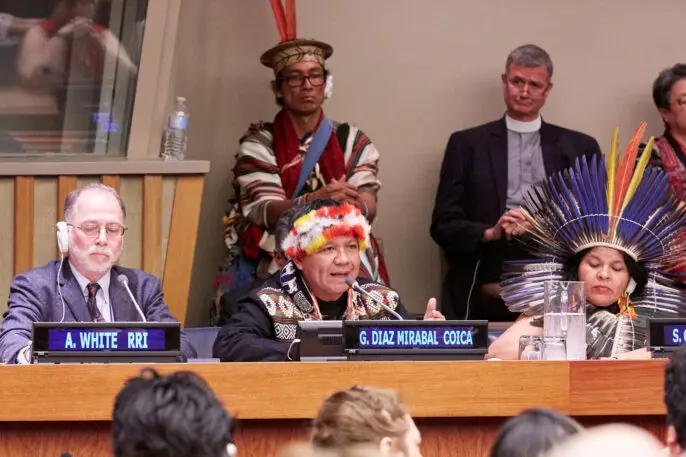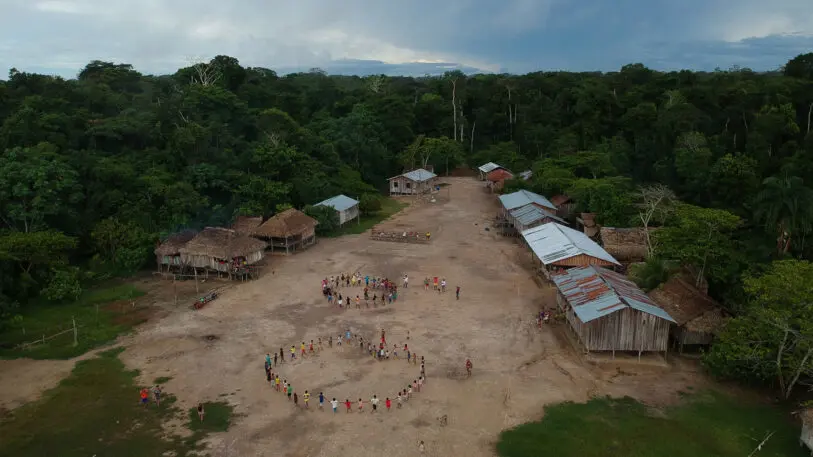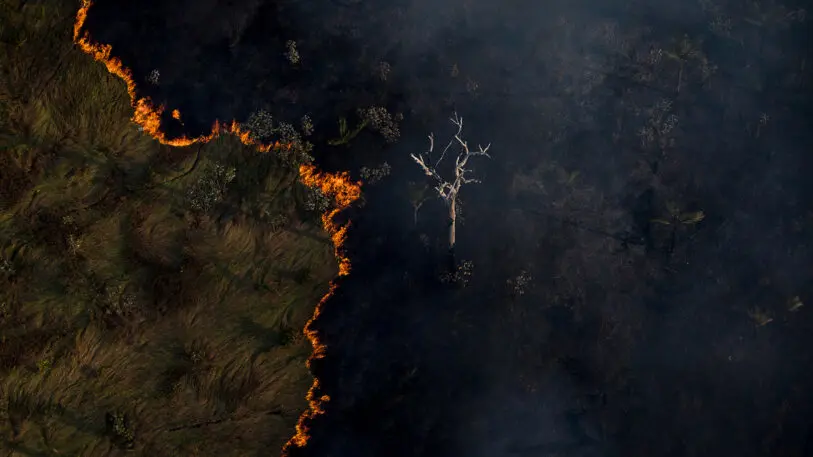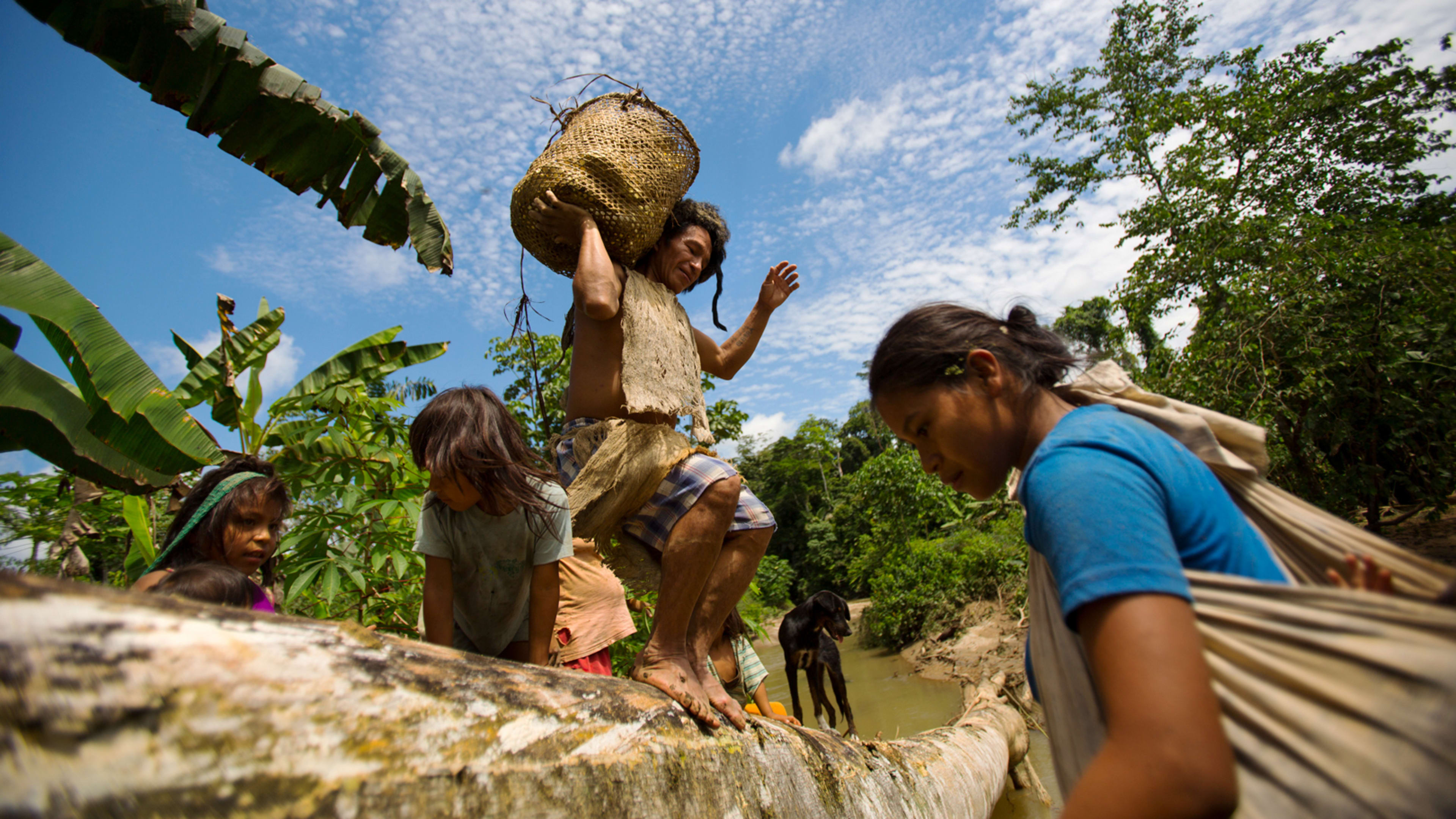Indigenous and local communities protect more nature—around 21% of the land on Earth, by one estimate, and 80% of the world’s biodiversity—than countries do through national parks and forests. They also do it well: Deforestation rates in Indigenous territories in Latin America are as much as 50% lower than in other areas. But even though protecting forests is a critical part of fighting climate change, these communities receive less than 1% of the climate funding aimed at reducing deforestation.
A historic new pledge at COP26, the global climate conference, is giving those communities more support. The U.K., Norway, Germany, the U.S., and 17 funders, including the Ford Foundation, Bezos Earth Fund, Bloomberg Philanthropies, and others, will give $1.7 billion between 2021 and 2025 to help Indigenous and local communities protect tropical forests.


The grassroots funding will go directly to Indigenous peoples, rather than to large nonprofits, and will include support for communities to secure land rights. The Ford Foundation is helping support an alliance that connects Indigenous peoples globally, from Southeast Asia to South America and Africa, to give them a voice in global policymaking. Some of the funding may be used for security; hundreds of community leaders have been murdered in recent years in land disputes, like Carlos Cerros, an Indigenous environmental activist in Honduras who had campaigned against a new dam and was shot and killed in front of his children earlier this year. In 2020, 227 environmental and land defenders, many of them Indigenous, were killed by others pushing for logging, large-scale farming, mining, and other business interests.

“This is not only addressing issues of inequality, of human rights,” Walker says. “It’s good science, because we now know from the evidence that [Indigenous peoples and local communities] are more likely to be the good guardians of the planet. And so that’s why it’s important.”
Recognize your brand’s excellence by applying to this year’s Brands That Matter Awards before the early-rate deadline, May 3.
